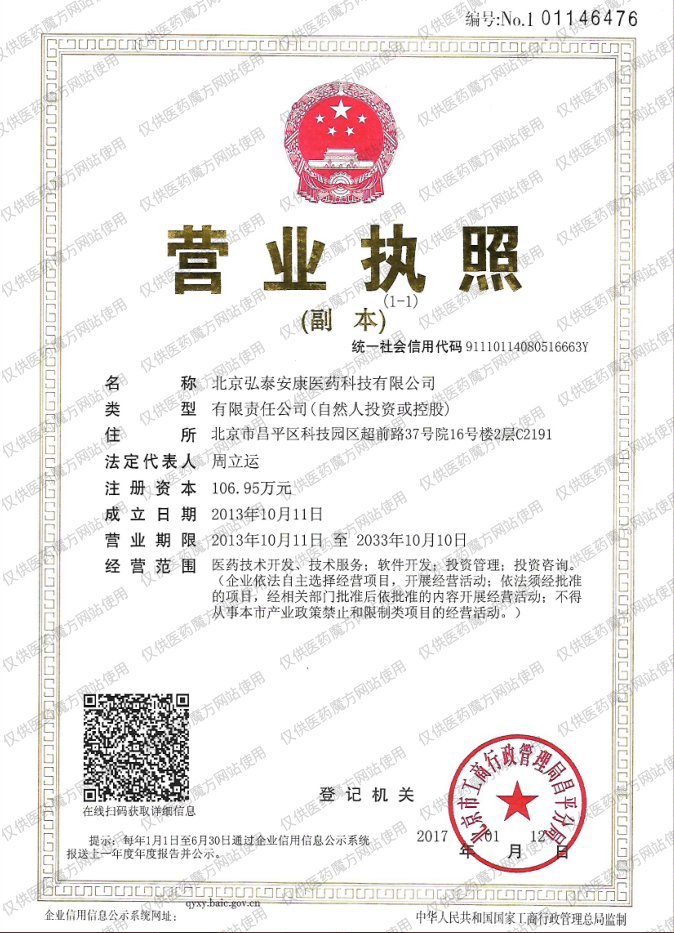A year after Novo Holdings launched a $165 million fund to fill what it sees as an early-stage funding gap in research addressing the growing threat of antimicrobial resistance, it’s offering a review of four investments Novo has made totaling $20 million.
AstraZeneca-backed Entasis Therapeutics, Lund University spinout Minervax and UK-based Procarta Biosystems were selected alongside Polyphor, a Swiss biotech that previously announced Novo’s backing of its outer membrane protein targeting antibiotics (OMPTA) programs.

Aleks Engel
These four companies stood out among “100 high-quality proposals targeting the deadliest resistant pathogens on the planet,” said Aleks Engel, director of the REPAIR Impact Fund, in a statement.
Entasis claims the largest bet in the cohort at $10 million, which formed part of its IPO $ETTX in September. Run by survivors from an antibiotics division that once employed 175 people working for AstraZeneca, Entasis is developing drugs to block a common bacterial resistance via b-lactamase enzymes, and its preclinical pipeline also features non β-lactam PBP inhibitors targeting multi-resistant Pseudomonas aeruginosa infections.
Minervax bagged $4 million for its prophylactic vaccine against Group B Streptococcus — a common bacterium that can wreak havoc for newborns and cause stillbirths or preterm deliveries.
Novo also invested $1.7 million in Procarta’s nanoparticle approach — targeting bacterial transcription — while Polyphor got $6.8 million, with $4.7 million worth of milestones on the line.
While superbugs pose a serious threat to the world’s population, claiming more than 700,000 lives each year by some estimates, the market still offers little encouragement for new programs. Identifying a lack of money supporting the period from lead optimization up to Phase I data, Novo unveiled the trans-Atlantic fund in February, 2018 to complement other funding sources such as research grants offered by the $500 million-plus, public/private CARB-X partnership.




